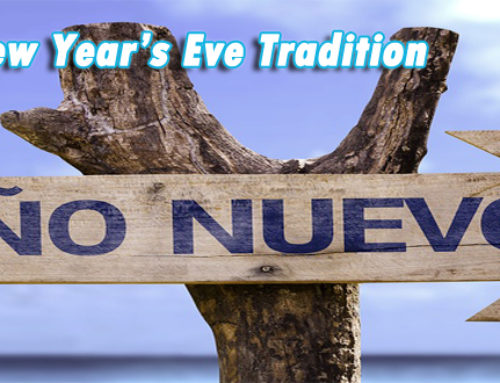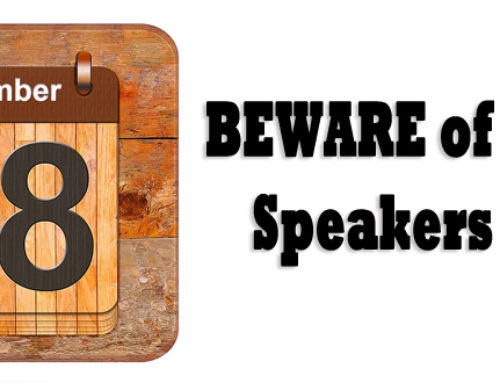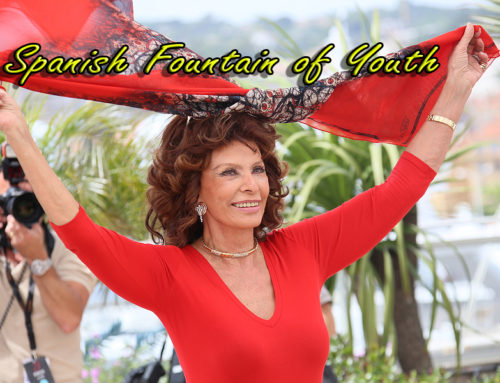In my last post I ruffled a few feathers.
I said, “Check out this old geezer.”
I wasn’t intending to offend. In fact, I was being ironic because that guy was no geezer. He’s in better shape than me!
Here’s the video if you missed it.
http://www.synergyspanishsystems.com/blog/fiesta/
It reminds me of a time in Mexico when I got called a goat.
After a fun night shooting billiards and drinking Tecates my buddies brother-in-law Manolo said to me, “eres bien cabrón.”
I didn’t like it.
Not one bit.
In fact, I took offence. I said, por que me hables así. (Why are you talking to me like that?)
Then he slapped me on the back and said, “eres bien cabron”.
“What is wrong with this guy.” I thought.
You see cabron is a potent word.
Literally, it’s a male goat, but it’s meaning goes way beyond that. It has a bunch of offensive connotations. They vary from region to region but they are always derogatory.
It could be translated as bastard or A-hole. Even worse, it can mean a guy whose wife cheats on him.
So, why the heck would he speak to me like that when we are friends?
In Mexican street language, “eres bien cabrón” is something like saying you’re my man, you’re a dude, or you’re cool.
Teenagers will say things like
Esta canción es muy cabrona. (This song is very cool.)
It makes no sense but the same thing happens in English. A teenager might say, “this song is the shit”, meaning the song is good but if they say, “this song is shit”, it’s bad.
Same deal with cabrón.
It’s mostly bad, but occasionally good.
A word to the wise;
For us non-native speakers my advice is, don’t touch slang words like cabrón with a ten-foot pole.
If you use a word like cabrón, you just might convey something you don’t want to convey. The wrong guy in the wrong place might misunderstand what you’re saying about his wife. And that can’t end well.
It’s just so easy to get slang wrong. Plus, it varies regionally; it varies by age groups and it goes in and out of fashion very quickly.
If I ever teach slang it’s to help avoid embarrassment, not to use it.
En cambio (on the other hand) I do teach a lot of colloquial language.
Expressions like, en cambio, are used all over the Spanish speaking world by everyone. All age groups use it. All levels of society use it. And it’s been used for years and will continue to be used for years to come.
Colloquial expressions are vital Spanish that you need to know to communicate well and more importantly to understand what Spanish speakers say to you.
I am creating a new series of lessons, audios and email tips called Spanish Beyond the Textbook. It’s exclusively focused on everyday Spanish that you don’t find in the dictionary but you hear on the streets all over the Spanish-speaking world.
Best of all, es pagado por la casa. (It’s on the house)
All you have to do is enter your name and email below to register.









Hola Marcus,
Muchas gracias por el trabajo que haces. Me gustan todos tus cursos.
Ademas, me alegro recibir tus emails. Siempre tienes algun consejo interesante.
Un saludo bien fuerte.
Hola Mark. I am very thankful for what are offering. Of all the textbooks and audio that I’ve listened to, your system has given me the most insperation in communicating and/or speaking el español confidantly. Thank you, Thank you, Thank you!
Thank you for what you are doing. You are building a bridge between English and Spanish speaking people.
Bravo, Amigo
Thank you for offering this. Tu cuento fue bien cabron tambien.
Hola marcas
He comprado todas tu cursos. Estoy viviendo en a España tengo mucho que hacer. Mi problema es que donde trabajo todos las personas hablan en Ingles. Que hago para aprender primero gracias
I love the experience shared!
I am a beginner and although I speak Portuguese, it does not make things much easier when it goes down to understand the Spanish spoken in the streets!
Yes, it does help the pronunciation, once both are Latin languages; however, Spanish can be difficult from time to time! Therefore, I am looking forward to fallow Marcus Santamaria’s technics and lessons!!
thank you